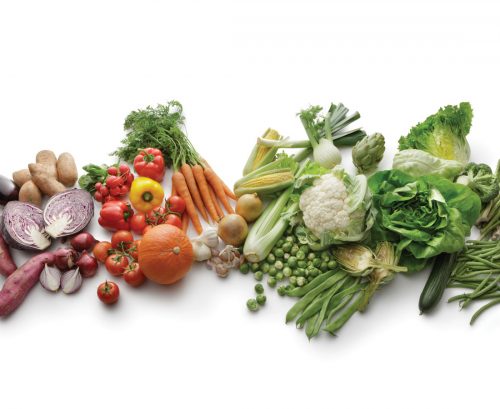
Q My sister, who’s 65, was recently told she has Parkinson’s disease. Does she need to change what she’s eating?
A Parkinson’s disease generally develops in older people. Early symptoms are tremors (dyskinesia), which develop over time into problems with movement and coordination.
Medications are used to control symptoms but good attention to an individual’s nutritional needs can help reduce symptoms of Parkinson’s and side effects from medications prescribed to control it.
Although diet won’t influence the progression of Parkinson’s disease, people can benefit from an assessment of their nutritional needs in the early stages of their disease and then, annually, checking and adjusting their nutrition to treat symptoms.
The common problems that can be supported with diet changes over the course of the disease include constipation, dry mouth (a side effect of Parkinson’s medications), unplanned weight loss (probably due to increased tremors) and swallowing problems which may develop as the disease progresses.
The best diet advice for people with Parkinson’s is:
- Always have Parkinson’s medication at least 30 minutes before eating protein-containing foods, to ensure these medications don’t have to compete with food protein for absorption.
- Enjoy a variety of foods with plenty of fruit and vegetables (include a variety of colours), whole grains, peas, beans, lentils, fish and animal protein foods. This diet has protective properties for heart health and provides fibre which will help prevent constipation
- Drink plenty of fluids to help prevent constipation and alleviate dry mouth problems
- Try to get out in the sun and discuss the need for vitamin D supplements with your doctor
- Maintain a healthy weight and exercise regularly. If necessary, increase the amount of energy in your diet to maintain weight
- Go easy on alcohol, this will further dehydrate and increase the risk of constipation.
While good nutrition is one of the key factors in maintaining health, exercise is equally important both for the sufferer and for maintaining quality of life of their carers.
For further specific Parkinson’s support your sister could work with a dietitian specialising in older peoples nutrition, see a physiotherapist with experience in working with Parkinson’s or talk through any concerns with a Parkinson’s Society community educator.
For further support contact the Parkinson’s Society on 0800 473 4636 (0800 4 PD INFO), email [email protected] or visit parkinsons.org.nz
www.healthyfood.com











